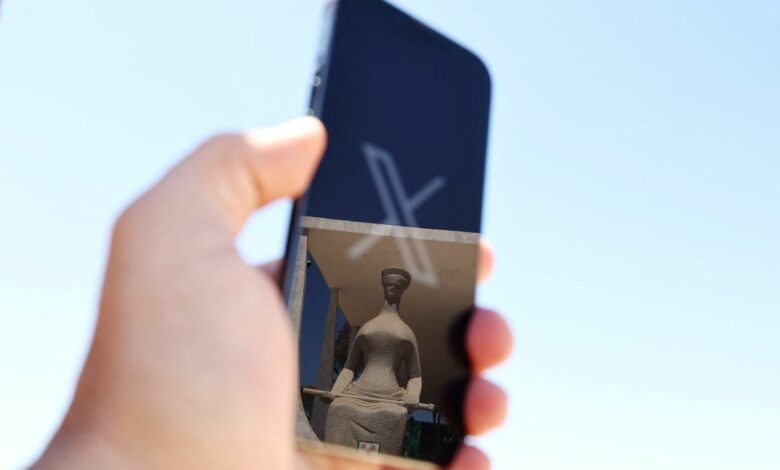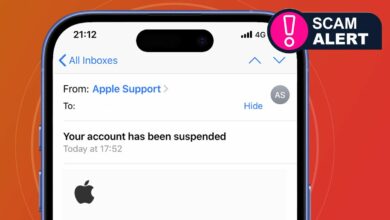Why Brazil’s telecom regulator is going to block access to Elon Musk’s X

Brazil’s telecommunications regulator said Friday it was suspending access to Elon Musk’s X social network in the country, complying with an order from a judge who has been embroiled in a months-long feud with the billionaire investor.
The popular social media platform missed a court-imposed deadline Thursday night to appoint a legal representative in Brazil, prompting the suspension.
Musk argued that Chief Justice Alexandre de Moraes was trying to enforce unjustified censorship, while the judge insisted that social media needs rules against hate speech.
“They are closing down the largest source of truth in Brazil,” Musk said in a message on X on Friday.
The judge’s ruling could result in X losing one of its largest and most coveted markets, while Musk struggles with advertising revenue for the platform.
X remained accessible in Brazil late Friday night, although some Brazilians posted on other platforms that their access to X had already been blocked. Three of the country’s largest telecommunications providers said they would block access starting at midnight (0300 GMT on Saturday), according to a report from local news outlet UOL.
The feud has led to the freezing this week of the bank accounts of satellite internet provider Starlink in Brazil, a unit of Musk-led rocket company SpaceX.
In his ruling, Moraes ordered that X, formerly Twitter, be suspended in Brazil until the company complies with all relevant court orders, including paying more than $3 million in fines and appointing a local representative, as required by Brazilian law.
Moraes also ordered telecommunications regulator Anatel to implement the suspension order.
The agency told Reuters it was continuing to enforce compliance, but did not give a timetable.
To effectively shut down X in Brazil, telecommunications companies would have to shut down network traffic while preventing users of the site from circumventing the site by hiding their location using virtual private networks (VPNs).
Moraes ordered that those who continued to access X through VPNs would pay a fine of up to 50,000 reais ($9,000) per day.
Tech giants Apple and Google (Alphabet) were initially ordered to remove X from their app stores and implement so-called anti-VPN barriers, which would make it harder for users of Apple’s iOS operating system and Google’s Android to open the X app on phones or tablets.
But Moraes later reversed that part of his order, saying it was not necessary.
Apple and Google’s press agencies declined to comment.
Lapdogs and dictators?
Unlike many other countries, Brazil’s Supreme Court justices have wide-ranging powers to make unilateral decisions. But in the X dispute, Moraes is backed by a majority of the 11-member court, including Chief Justice Roberto Barroso.
In addition to owning X and 40% of SpaceX, Musk is also CEO of electric car giant Tesla.
The dispute over X stems from an order issued by Moraes earlier this year, which required the platform to block accounts involved in investigations into the alleged spread of distorted news and hate.
Musk condemned the order as censorship. He responded by closing the company’s offices in Brazil, but ensured that the platform was still available in the country.
He said Starlink will continue to serve Brazilians, including the military, for free “until this issue is resolved.”
Earlier on Friday, Starlink asked the High Court to suspend its decision to freeze its local bank accounts, arguing that it had complied with all court orders. That request was denied on Friday evening.
Brazilian President Luiz Inacio Lula da Silva stressed that all companies operating in the country must comply with their legal obligations.
“The fact that someone has a lot of money does not mean he can ignore the law,” the left-wing leader told local radio on Friday.
Musk mocked the president as Moraes’ “lapdog” in a post Thursday, in which he also called the judge a “dictator.”
During an event on Friday, Moraes showed no signs of giving up.
“Those who violate democracy, who violate fundamental human rights, whether in person or through social media, must be held accountable,” he said.
© Thomson Reuters 2024
(This story has not been edited by NDTV staff and is auto-generated from a syndicated feed.)




